Design Forge 2025 Schedule
Day 1 | March 27
Opening Keynote: 9:00 am – 9:45 am
- Together By Design: Joy, Community, & Forging Better Worlds: Eugene Korsunskiy
 |
At last year’s Design Forge, we embarked on a project together: The Little Book of Joy, a collection of tiny ways to bring delight into teaching and learning. This year, we will hold it in our hands, reflecting on a tumultuous year when our relationships with each other ignited joy through challenging times. Inspired by this year’s Pre-Forge Design Read, Relationality: An Emergent Politics of Life Beyond the Human, we will consider how joy is a foundational element of design in community, and explore how we can prepare ourselves, our students, and our communities for the important work of collaboratively designing brighter futures. |
Design Methods Workshop: 10:00 am – 11:00 am
- From Relational Ways of Being to Relational Design Methodologies: Savannah Keith Gress & Victor Udoewa
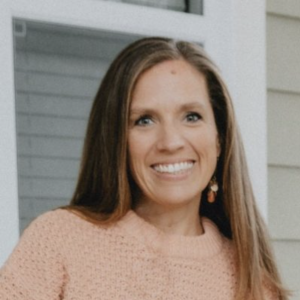 |
 |
Using a tree as a metaphor, participants will explore multiple ways of being and how they motivate different ways of knowing and methods of design, especially relational design. The metaphor suggests that one reason we may struggle to create relational methods is unchanged ways of being. Colonial ways of being can never produce relational ways of doing. Participants will leave with a framework that can be helpful in understanding, excavating, uncovering, and recovering decolonial or affirming ways of designing. |
Mapping Workshops: 11:15 am – 12:00 pm
- Relational Mapping: Tim Peeples
 |
This interactive session summarizes the latest research on mentoring constellations within relationship-rich learning environments and how mapping relationships can help learners develop supportive, meaningful relationship networks (Mentoring Matters, Moore, Vandermaas-Peeler, and Peeples, 2024). After mapping their relational constellations, attendees will reflect together on how they might adapt and implement the practice within their own contexts, exploring the potential of relational mapping beyond education and mentoring. |
- The Art of Adaptive Relationship Architecture: Nicola Brown
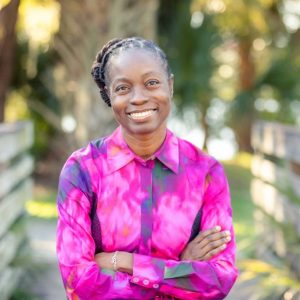 |
This immersive session invites participants to reimagine design thinking through the lens of relational design. We will explore how nature’s principles of adaptation and interconnection can transform how we relate and design relationally. |
Community Lunch Session: 12:30 – 2:00 pm
- From Radical Hospitality to Radical Accountability: An Intercultural, Intergenerational, Interactive Lunch Workshop: Diya Abdo
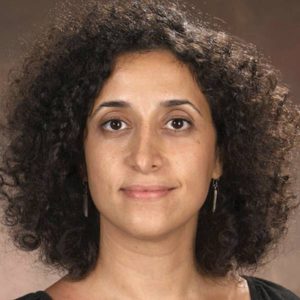 |
This community lunch Design Forge session, facilitated by Dr. Diya Abdo, will help participants design actionable opportunities for moving towards radical hospitality and accountability within their own communities. Participants will get the chance to engage in intergenerational and cross-cultural conversations among students, youths, organizers, and elders, learning from, with, and about a diverse array of communities and community partners. |
Stories and Strategies: 2:30 – 3:45 pm
- Healing by Design: Can design as a process facilitate relational healing?: Julia Kramer and Avery Staton
|
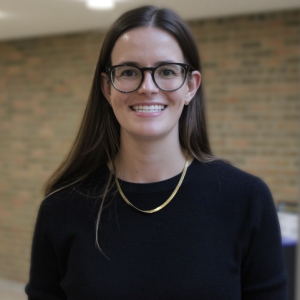
|
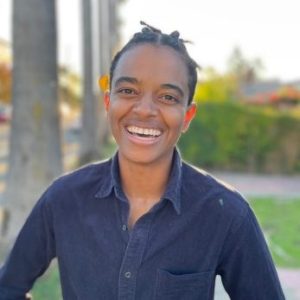
|
As the design justice movement highlights the necessity of centering those with lived experience, participatory approaches to design are increasingly leveraged to address pressing social justice issues. While much has been said about the potential for design to create solutions that promote broader social justice, health, and well-being, less has been understood about the potential for the design process itself to be a pathway to promote healing for those involved, even as participants are often connected to the work in personal and vulnerable ways. In this story and strategy session, we’ll explore together a set of pathways and strategies in which design practices could facilitate moments of individual and relational healing. |
- Cultivating Relational Design Networks: The Human Centered Design Outcomes Collaborative: Bill Romani, Stacy Grau, Montana Cherney, Liz Royea, Liz Chen, Saad Shehab, Aashka Dave
 |
 |
 |
 |
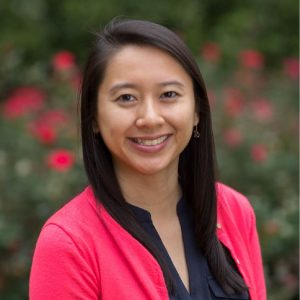 |
 |
 |
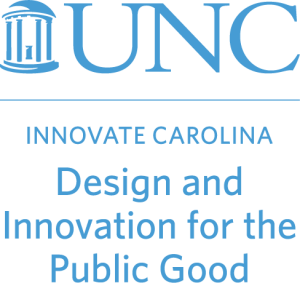 |
| This session will share the emerging story of the 2024 Human Centered Design Outcomes Collaborative (HCDOC): A recently formed international group of design focused researchers, practitioners, healthcare providers, and educators who embrace multidisciplinary collaboration, center on people in their contexts, and prioritize creativity and iteration. The Collaborative is committed to visualizing the return on investment of human-centered design (HCD) in research and practice, creating a set of tools and resources to support a wide range of stakeholders, improving the quality of HCD. This session will share the proposed value proposition, definitions, practices, and tools that have resulted from the Collaborative’s first year and suggest opportunities for future collaborative work. |
In-Person Break Out Opportunity: 2:30-3:45 pm
- Reengage, Reimagine, Redesign (& Get Outside): Evan Small & Experiential Facilitation Students (Outdoor)
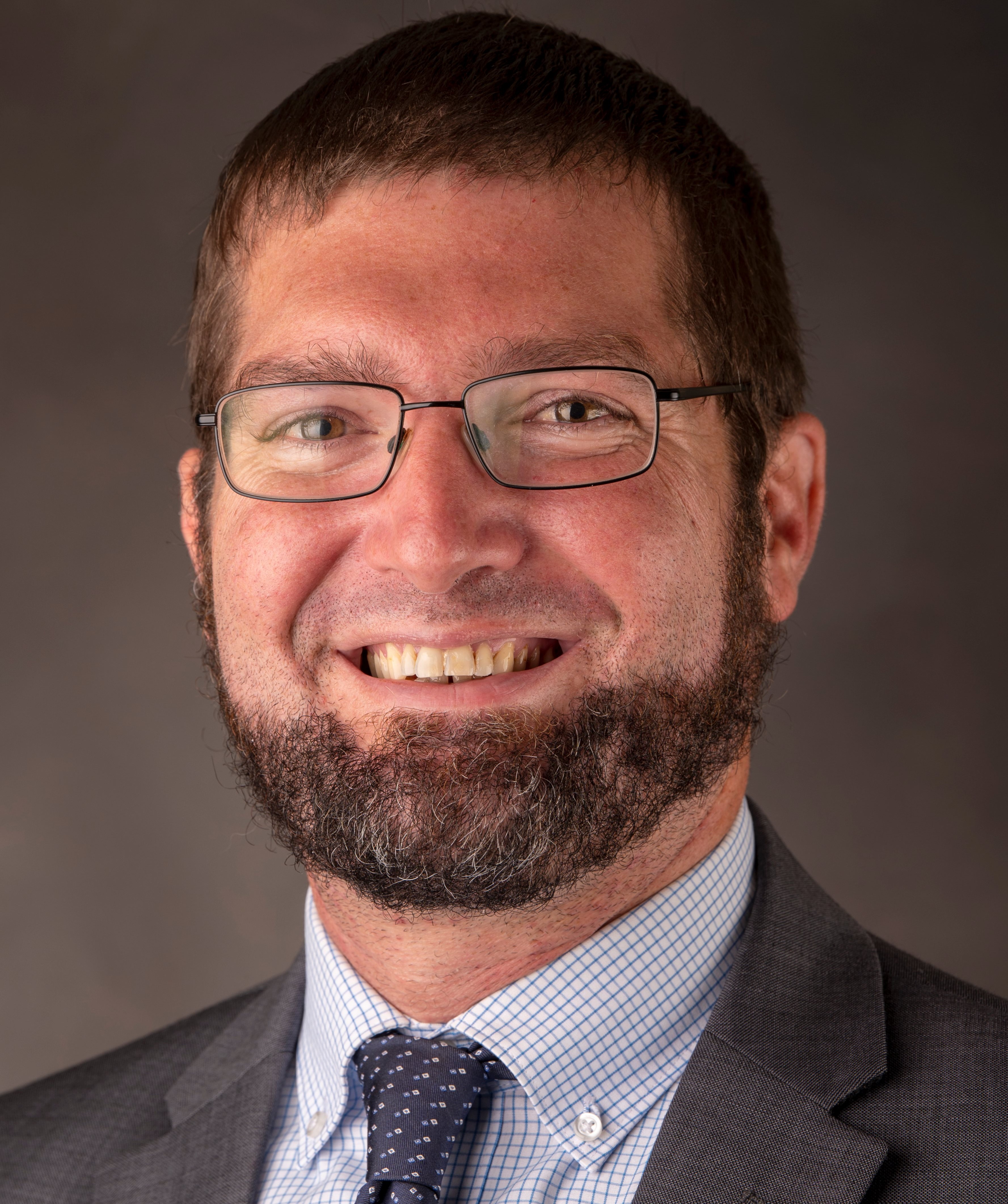 |
A Design Forge In-person Break-Out Opportunity: Ready to get outside? This outdoor, student-led session will get you moving, talking, and reflecting on your connections to–and relationship with–the world around you. Enjoy the physical, mental, and emotional benefits of the natural world, while you reflect with others on how you can (re)design your relationship with the natural world, wherever you call home.
|
Living and Learning Workshop: 4:00 – 5:00 pm
- Beyond Content: Designing Relational Experiences for Transformational Learning: Dimitri Higginbotham
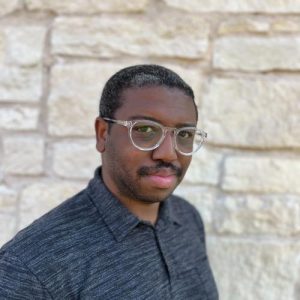 |
This interactive workshop explores practices we can use to create relational and transformational learning environments. Using Relational Design methods, participants will work collaboratively to create unique exercises they can use in their professional and personal communities. Participants will leave this session with strategies for fostering belonging and inclusion while honoring plural ways of being and doing. |
- Co-designing family memories through conversations: Michelle Janning and Robin North
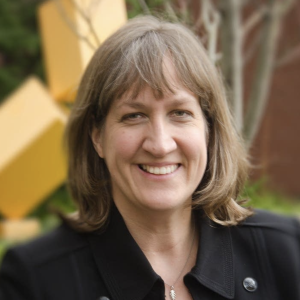 |
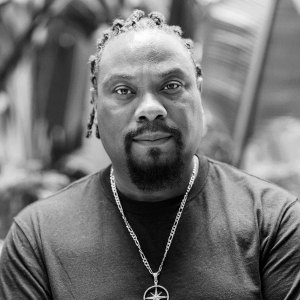 |
| This story and strategy session will help participants explore how they might co-design family memories through photographs. Robin and Michelle will begin the session by sharing their stories as an artist and sociologist. Issues explored will include trust and empathy through conversation, deliberations about audiences, ways in which structural inequality becomes evident in conversations, how grounded theory informs the conversation design process, and ways in which performativity is part of the story-sharing process. The second half of the session will give participants a chance to explore how their work might also gather stories and weave in photos or other memory objects. The session will end with a discussion of ways to transform the design of story-gathering to be one of empathetic co-design with communities whose stories and voices may be underrepresented or represented falsely in existing institutional structures such as archives, social science datasets, and museums. |
Day 2 | March 28
Stories and Strategies II: 9:00 – 10:00 am
- Panel: Designing ethical outcomes through ethical design processes: Lisa Elzey Mercer, Eugene Korsunskiy, Natacha Poggio, Raja Schaar, Chris Baeza
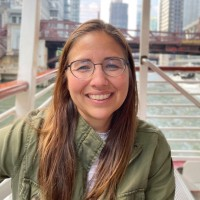 |
 |
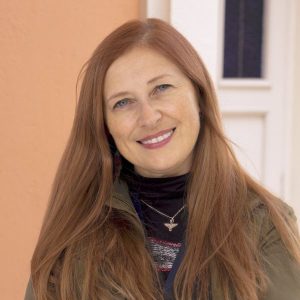 |
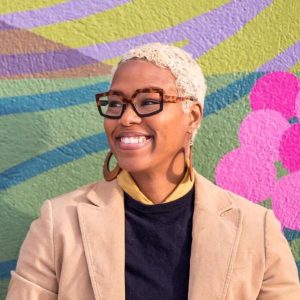 |
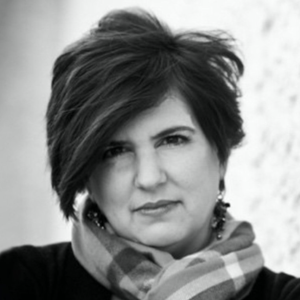 |
| In this Stories and Strategies session, we will explore the skills needed to navigate relationality and ethical dilemmas in design through our different areas of focus. We each place value on relationality as a critical skill in collaborative and co-design spaces. We are each committed to engaging in mechanisms for dialogue, feedback, and decision-making that move the design discipline away from a single narrative of knowing toward a pluralistic way of knowing. We will be discussing the ways we engage in design processes that create communities of relationality and care that tackle social inequalities, while fostering ethical considerations, and imagining equitable futures. |
Power-Shifting Workshop: 10:15 – 11:00 am
- Time mosaics: leveraging time for connection and purpose: Elena Kennedy
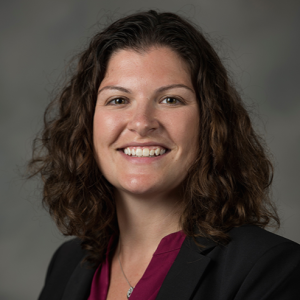 |
Participants utilized a mosaic approach to establish a calendaring practice that helped them prioritize how they spent their time in ways that were more aligned with their purpose, important work, and relationships. During the session, participants completed a life scan to think about areas where they might like to see change, identified activities that brought them joy, and began mapping out a calendar that took into account research and best practices around cultivating happiness. The goal was for participants to leave with a few experiments of how to change their week in a way that would leave them happier and more fulfilled without having to completely overhaul their lives. |
Stories and Strategies III: 11:15am – 12:15 pm
- One-Off Design Thinking Workshops (The Value & The Limitations): Adam Kanowitz & Joshua Franklin
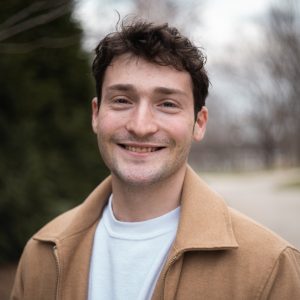 |
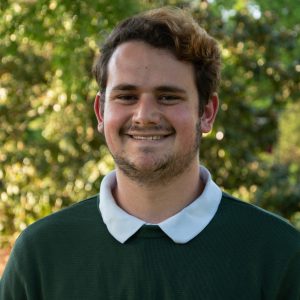 |
| Over the past four years, Elon’s Center for Design Thinking has collected data from over 900 workshop sessions, totaling over 20,000 responses. This story and strategy session summarizes this data, exploring key questions like: What value do participants walk out the door with? What are the limitations with one-off design thinking engagements? Based on findings, this session highlights the most highly valued tools and strategies for supporting transformative learning and provides attendees with the chance to explore how they might adapt and implement similar strategies within their own design practices. |
- The Role of Dyadic Relationships in a Human-Centered Design Summer Internship: Saadeddine Shehab
 |
This session examines how dyadic relationships—those between designers and their teams, institutions, and end-users—play a pivotal role in shaping the Human-Centered Design (HCD) learning experience. Drawing from an 8-week summer internship program, the study highlights the dialogic and relational dynamics that emerged as interns navigated HCD processes. By analyzing these relational patterns, this session will explore how relationships define experiential learning, support self-efficacy, and contribute to the lasting application of HCD in academic and professional contexts. Join this session to reflect on how designing for relationships can enhance HCD practices in diverse learning environments. |
- The Roots of Design Thinking at Stanford: The Relationality of Art and Engineering: Steven McCarthy
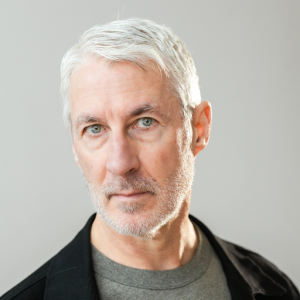 |
This story and strategy session exposes the relational roots of design thinking at Stanford University. By focusing on the end user (“need-finding”) and on the messy creative process over aesthetics and form-based solutions, Stanford’s joint graduate program in design planted seeds for the shift towards relational design practices. Attendees will get the chance to learn about the role “creative engineering,” “visual thinking,” “creative disobedience” and “conceptual blockbusting” have played in shifting towards relational design. |
In-Person Break Out Opportunity: 1:00 pm – 2:00 pm
- Connecting to Place through Pattern and Motif: Emily Smith
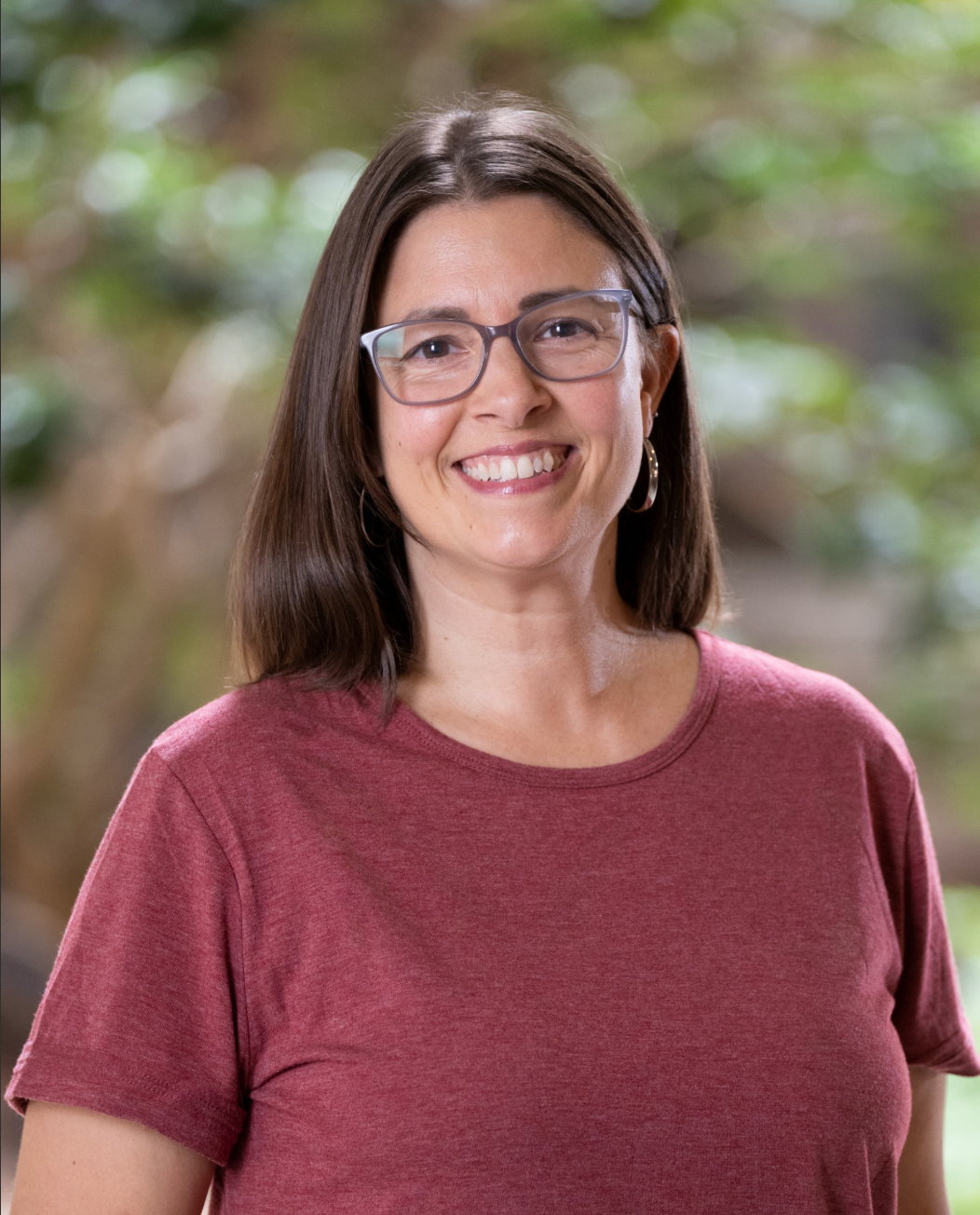 |
How can we deepen our understanding of place and identity through pattern investigations? Relational strategies are vital to the success of interdisciplinary community-engaged design practices. By examining relationships – between people and between people and place – observational studies can spark questions and foster the sharing of personal associations and rituals tied to these observations. This story and strategy session invites participants to step outside, sketch and observe, and then come together to share insights and discuss their findings. |
Stories & Strategies IV: 1:00 pm – 2:00 pm
- The Orchestra + You: Christina Hnatov & Mira Azarm
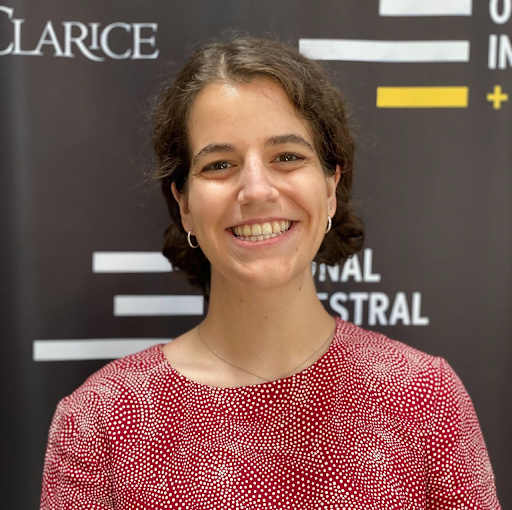 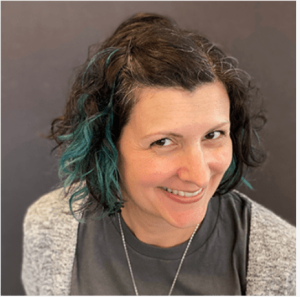 |
Experience storytelling and visualization techniques for jumpstarting trans-disciplinary collaboration and inviting participation across levels of expertise and creative confidence. This story and strategy session shares key insights from the Innovation Studio’s ongoing work bringing musicians, designers, and administrators together to reimagine the future of the orchestra. |
- Designing for Ritual Closings: Katrina Mitchell
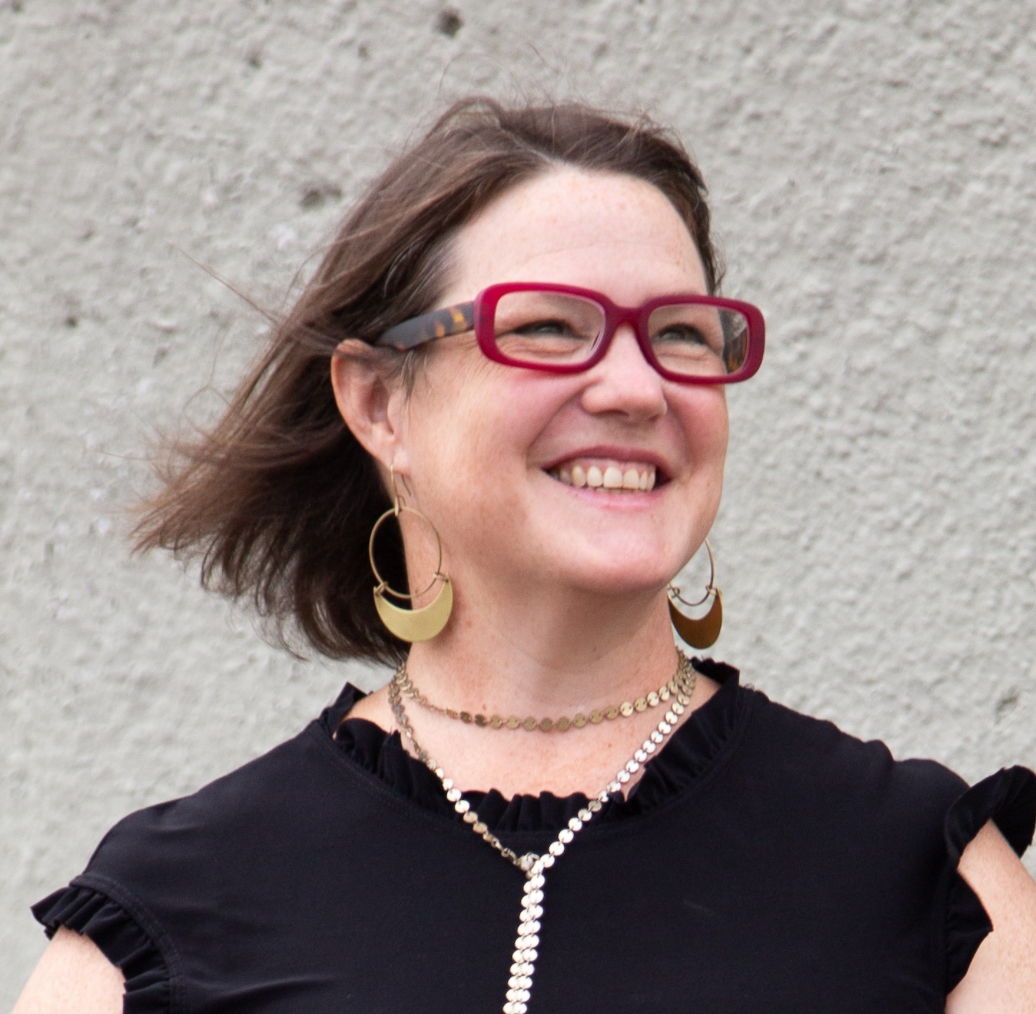 |
We have many rituals for beginning, recognizing the importance of creating a strong container for being, exploring, dreaming and making together. We often do not pay as much attention to closing, and yet a good goodbye is a gift. Closing the container allows us to take what is useful with us with us while we allow the rest to compost. A closing ritual is a bridge between this time and this community and the communities and conversations we will return to. We will close this session with a ritual that acknolwedges our individual and collective transformations, remembering and celebrating the journey we have been on, moves us into integration, and helps to prepare for the next exploration to emerge. |
Closing Keynote: 2:30 pm – 4:00 pm
- Restorying Life Relationally: Arturo Escobar, Michal Osterweil, and Kriti Sharma
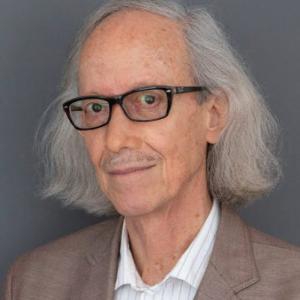 |
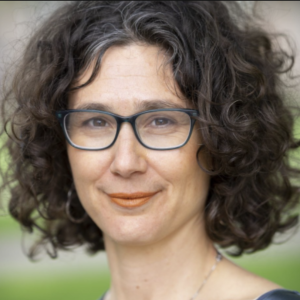 |
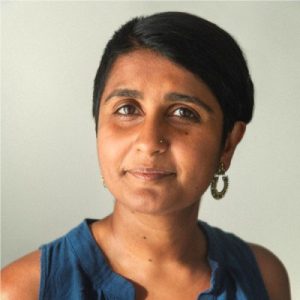 |
| The closing keynote session brings together the authors of Relationality: An Emergent Politics of Life Beyond the Human—Arturo Escobar, Michal Osterweil, and Kriti Sharma. In this inspiring session, they will share compelling stories and transformative strategies drawn from their lifework, followed by an engaging Q&A session open to both virtual and in-person attendees |






































